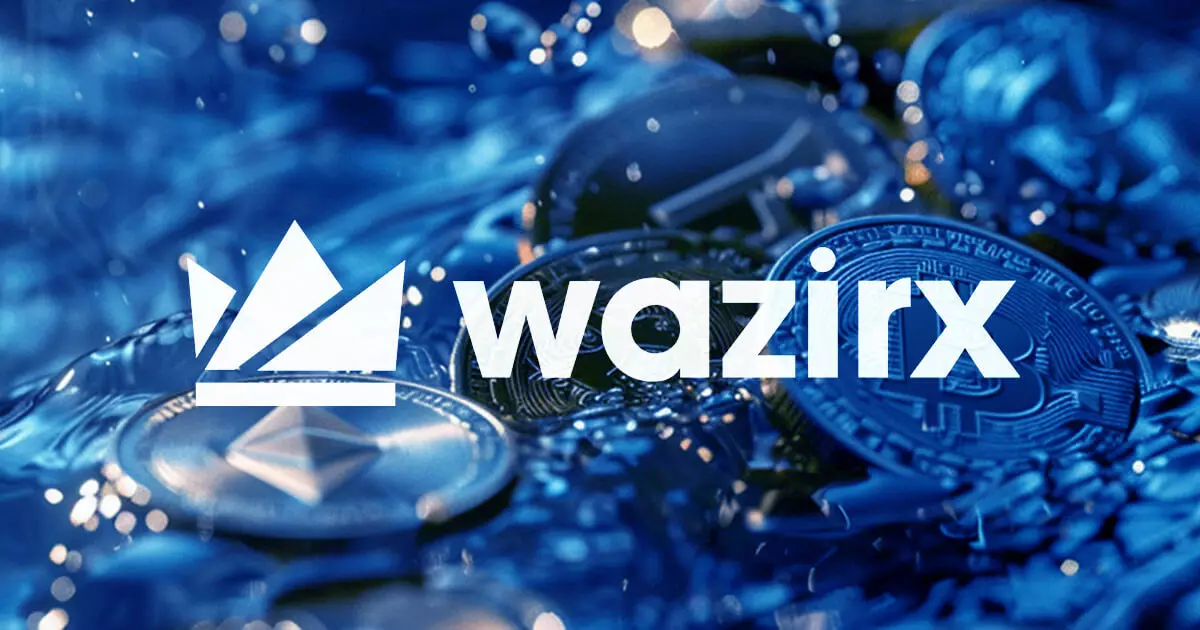In a pivotal move for the beleaguered cryptocurrency exchange WazirX, the Singapore High Court has granted Zettai Pte Ltd permission to convene a meeting with its creditors. This development is not merely procedural; it represents a critical juncture for Zettai as it seeks to navigate the tumultuous waters following a staggering $230 million cyber breach attributed to the notorious Lazarus Group from North Korea. The court’s decision highlights the legal system’s ongoing adaptation to the complexities and risks associated with digital assets, providing a potential blueprint for similar cases in the future.
Accompanying the court’s approval is a 16-week moratorium on legal actions against Zettai, designed to create a breathing space during which the company can present its restructuring plan without the looming threat of litigation. This moratorium is crucial; it allows Zettai to focus on its recovery strategies, facilitating discussions on a Scheme of Arrangement. This scheme will detail asset distribution and outline steps for WazirX’s operational revival, thus demonstrating the court’s recognition of the intricate dynamics at play in the rapidly evolving cryptocurrency landscape.
Challenges in Creditorship and Participation
Despite some creditors alleging Zettai’s involvement in the cyberattack, the court dismissed these claims, citing insufficient evidence. This reflects a broader theme within the digital asset sector: the necessity for clear lines of accountability amid complex cyber threats. Moreover, it’s worth noting that many WazirX users have been inactive, presenting an additional hurdle for Zettai. The court’s provision to adjust the meeting process indicates a proactive approach designed to stimulate participation and engagement among all stakeholders, ensuring that every voice is heard in the restructuring discussions.
Commitment to Transparency
Zettai has assured its creditors of its dedication to transparency and the speedy recovery of assets. Its strategies encompass reorganization of debts, distribution of liquid assets, and the issuance of unique recovery tokens aimed at assisting further asset recovery. Such proactive measures, coupled with a commitment to future profits being allocated towards creditor repayments, demonstrate Zettai’s earnest attempts to restore trust and stability among stakeholders.
The Path to Recovery: A Vision Forward
WazirX’s founder, Nischal Shetty, has articulated a hopeful outlook regarding the proposal, emphasizing that it is the optimal path for creditors to recoup losses and for the exchange to reboot. Detailed plans include the relaunch of the WazirX platform, incorporating advanced features like a decentralized exchange, which may not only enhance user experience but could also serve as a safeguard against future vulnerabilities. This ambition to innovate within a restructured framework signals Zettai’s commitment to robust recovery.
The unfolding situation at Zettai is not just an isolated case but a crucial test for Singapore’s legal framework surrounding digital financial disputes. Should Zettai successfully implement its restructuring plan, it could pave the way for a new standard in how cryptocurrency companies address crises stemming from financial mismanagement and cyber threats. This ongoing effort underlines the importance of adaptive legal measures in a sector where rapid innovation frequently outpaces regulatory frameworks.
Zettai Pte Ltd is at a crossroads, with critical decisions that will shape the future of both the company and the broader cryptocurrency environment. Their approach will not only influence creditors and stakeholders but may also provide insights and strategies for others in the industry facing similar challenges.

